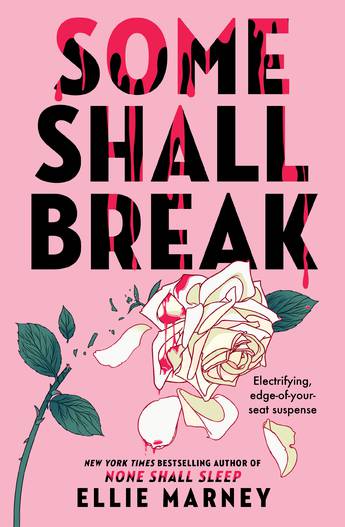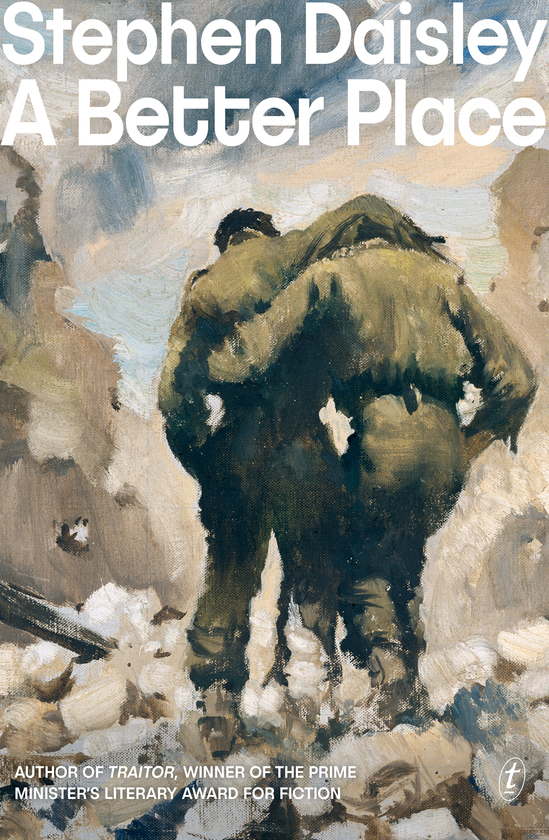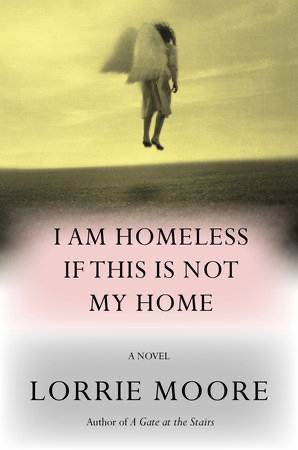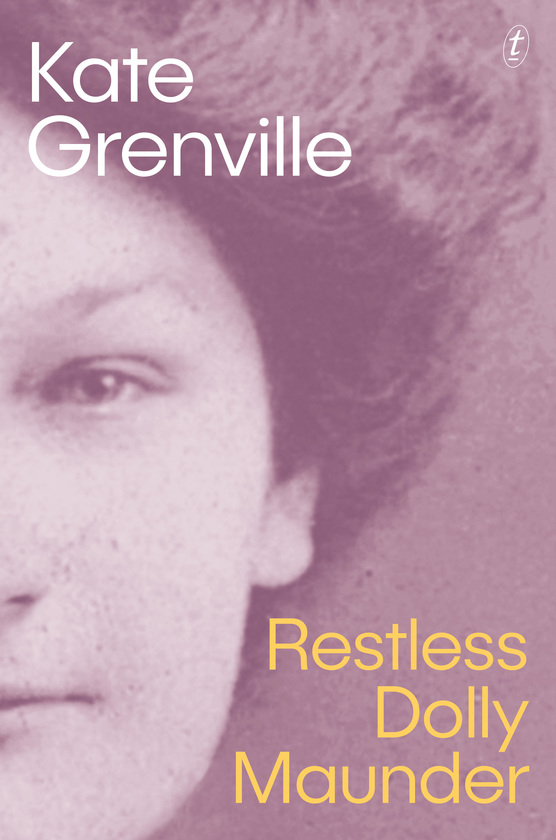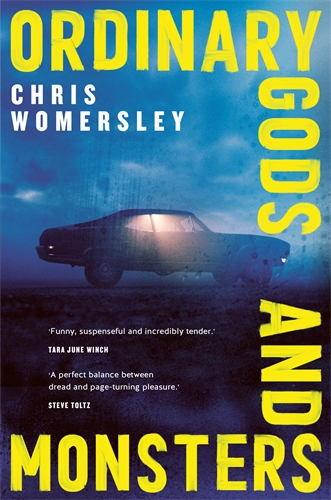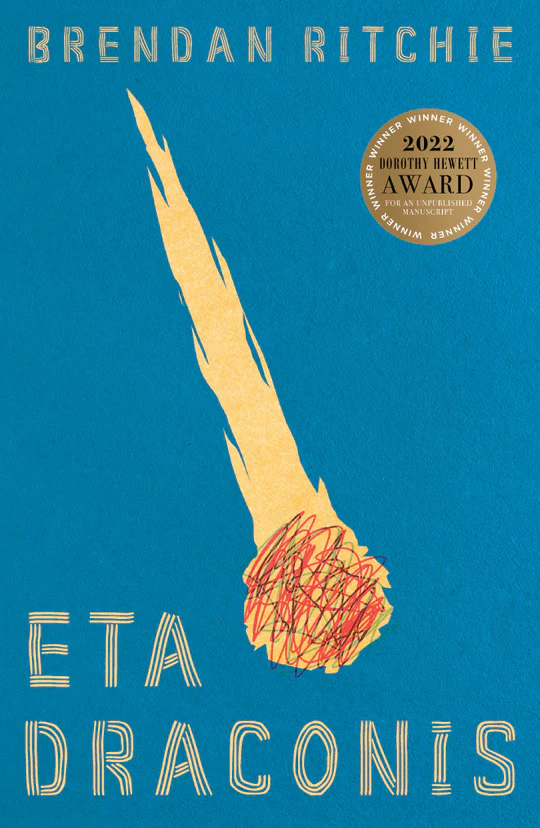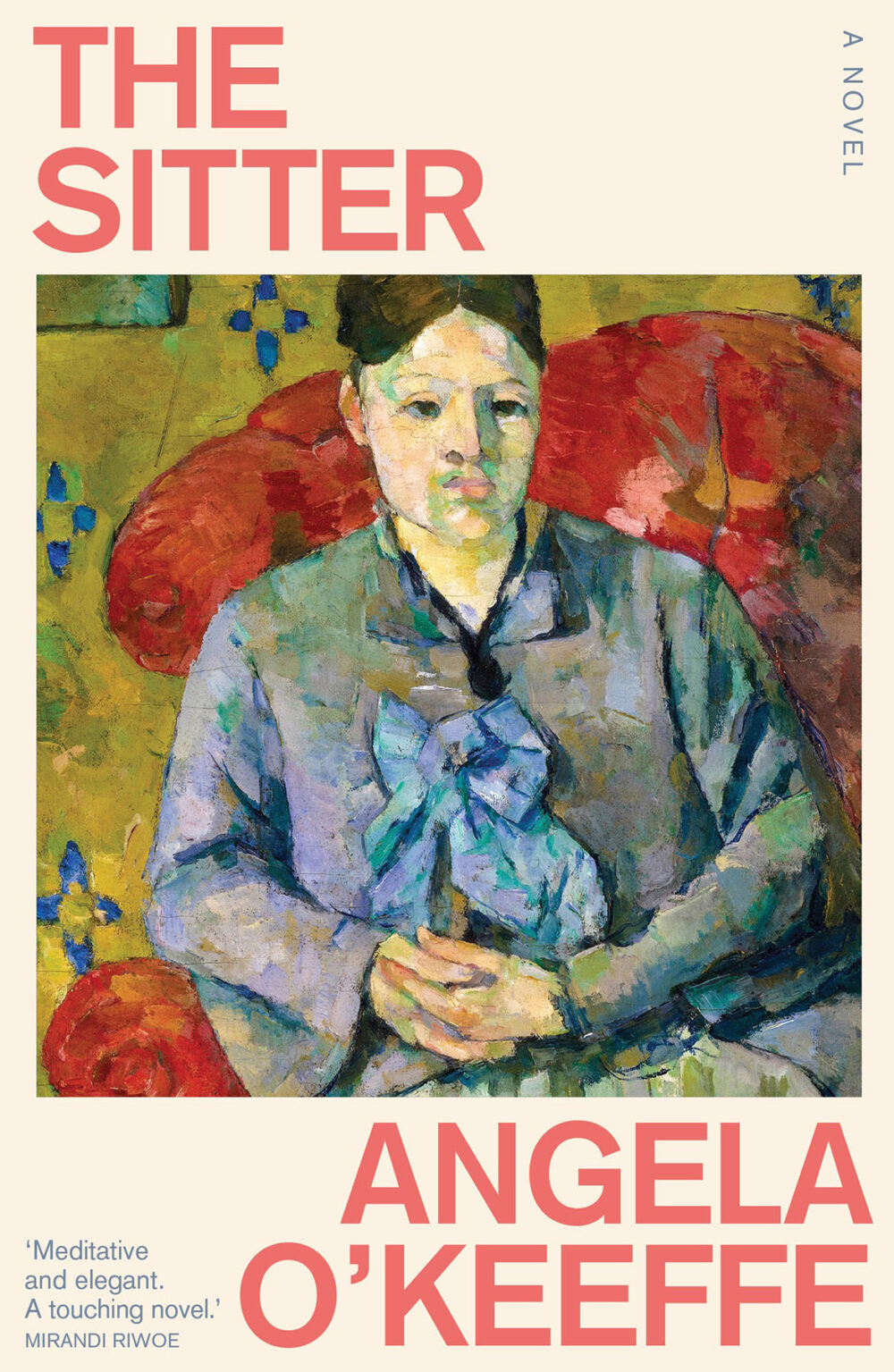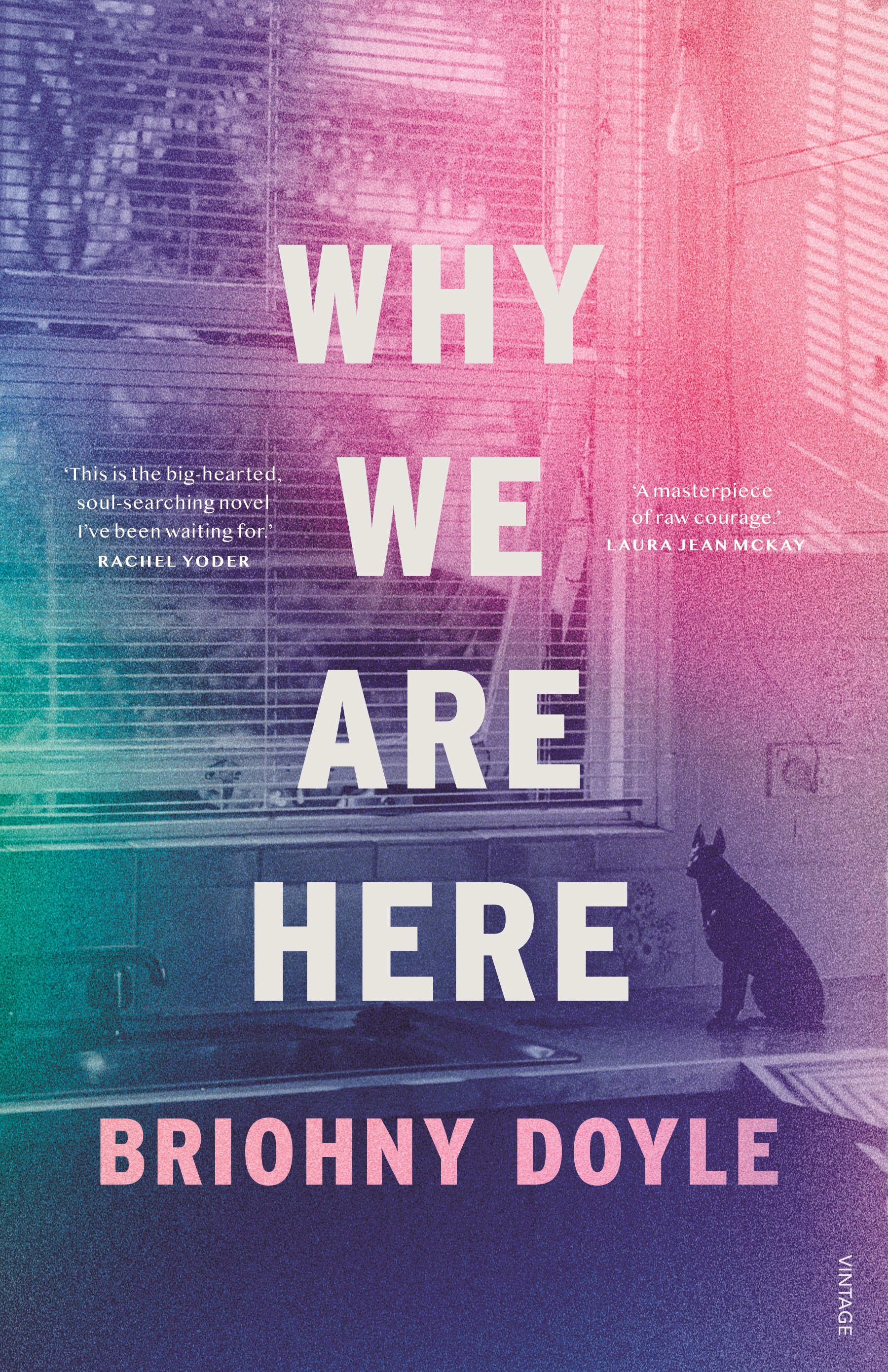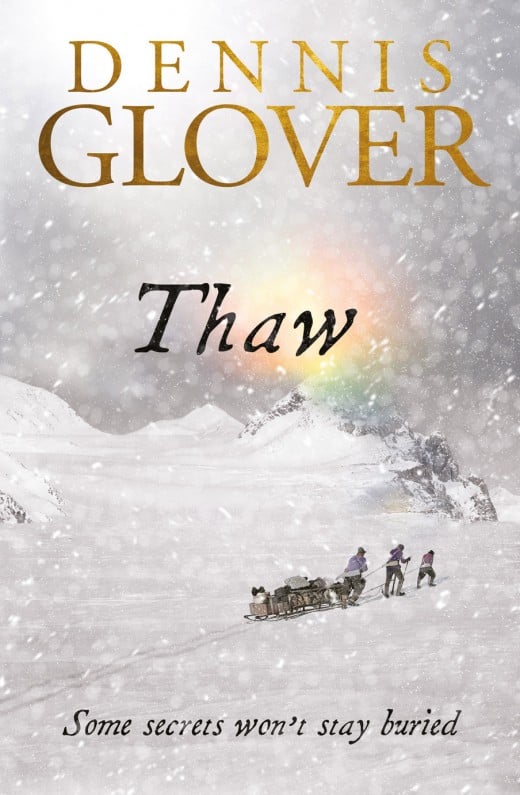Fiction
Some Shall Break by Ellie Marney & The Sinister Booksellers of Bath by Garth Nix
Three new novels from Allen & Unwin explore gender power relations – with mixed results. In Ellie Marney’s Some Shall Break ($24.99 pb, 382 pp), a young woman helps law enforcement hunt a serial killer who is kidnapping and raping young women. Garth Nix’s latest offers interesting parallels, though The Sinister Booksellers of Bath ($24.99 pb 330 pp) includes plenty of fantasy elements to vary the formula. Meanwhile, Kate J. Armstrong’s Nightbirds ($24.99 pb, 462 pp) follows three different women who are navigating magical, political, and romantic intrigues.
... (read more)Early in Stephen Daisley’s novel about World War II and postwar years, A Better Place, a New Zealand soldier called Roy Mitchell tells a lieutenant they must do something terrible: ‘C’mon boss, we got no choice here.’ This sentiment of compulsion – and this acceptance of the unacceptable – is symptomatic of many of the circumstances Roy endures and of the way he fights, survives, and keeps going across several theatres of war and into the peaceful future he must navigate with his head full of memories.
... (read more)Grief and love in America are the subjects of Lorrie Moore’s new novel, which is part surreal road trip, part love story, and partly made of letters from a woman to her late sibling. Finn, a school teacher suspended for some of his unorthodox ideas about history, attends the bedside of his dying brother, Max, but is then drawn away by his fatal attraction to a suicidal ex-lover, Lily, right around the time of the 2016 election. His story is interspersed with letters written by Elizabeth, an innkeeper, to her dead sister in the aftermath of the American Civil War. Clever, cranky, bitter, and witty, Elizabeth describes herself as ‘unreconciled to just about everything’. The two parts of the narrative are themselves unreconciled, mostly; the connections between them remain oblique, with a lot of space for the reader to imagine different points of association.
... (read more)In Restless Dolly Maunder, Kate Grenville weaves a fictional narrative around her grandmother, a woman she remembers as ‘aloof, thin, frowning, cranky’, and knew through her mother’s stories as ‘uncaring, selfish, unloving. Even a bit mad.’
... (read more)In his essay on the uncanny, Sigmund Freud observed that fiction writers have an unusual privilege in setting the terms of the real, what he called a ‘peculiarly directive power’: ‘by means of the moods he can put us into, he is able to guide the current of our emotions’, and ‘often obtains a great variety of effects from the same material’.
... (read more)Eta Draconis by Brendan Ritchie & The Comforting Weight of Water by Roanna McClelland
At a time when the world strains under the pressure of multiple crises, it stands to reason that coming of age might no longer hold the same literary value it once did. This ‘polycrisis’ encompasses not only the convergence of myriad catastrophic events – climate change, war, Covid-19, the resurgence of fascism, etc. – but also the failure of metanarratives or belief systems to mitigate against these. Amid all this unprecedentedness, the rise of an anti-Bildungsroman sentiment hardly surprises. In different ways, both Brendan Ritchie’s Eta Draconis and Roanna McClelland’s The Comforting Weight of Water attend to the central question: how does one come of age in a collapsing world? It’s a line of enquiry that just so happens to reflect Franco Moretti’s critique of the Bildungsroman genre in The Way of the World: The Bildungsroman in European culture (1987), articulating how the novel of youth upholds the myth of Western modernity and progress.
... (read more)The Sitter by Angela O'Keeffe & Vincent & Sien by Silvia Kwon
The relationship between artists and their sitters has long been a topic of fascination and enquiry – not least for artists themselves. The study of portraiture is often informed by investigations of this relationship as well as that with a third party: the viewer.
... (read more)Briohny Doyle’s third novel, Why We Are Here, threads together just about every literary, philosophical, and pop culture perspective on death and aftermath there is. But nothing represents the heart of the book better than its exploration of both/and thinking. Embraced by the fields of business, psychology, and beyond, both/and thinking is a method of overcoming paradoxes, not by solving them but by honouring how two apparently contradictory truths can co-exist. There’s no explaining the singular effect of this book without it.
... (read more)Feast by Emily O'Grady & Missing Pieces by Jennifer Mackenzie Dunbar
British sculptor Barbara Hepworth wrote that ‘there is no landscape without the human figure’. Similarly, there is no human without the landscape in which they are situated, human and landscape mutually shaping, resisting and defining the other.
... (read more)Dennis Glover’s third novel centres on the much-mythologised British Antarctic Expedition of 1910–13 that saw Captain Robert Falcon Scott attempt to reach the geographic South Pole for the first time in history. Scott and four companions arrived at the Pole too late (five weeks after Norwegian explorer Roald Amundsen) and would later succumb to the brutal conditions encountered on their return journey to Cape Evans. As Glover alludes to in the preface (and dramatises throughout the novel), details of the Scott expedition – possible causes of the tragedy, potential alternatives – as well as its historical, cultural, and/or scientific significance, have long been the subject of voluminous print and broadcast media (both popular and academic) and have fuelled often obsessive and granular debates. Thaw is both a contribution to, and comment on, this discourse.
... (read more)

